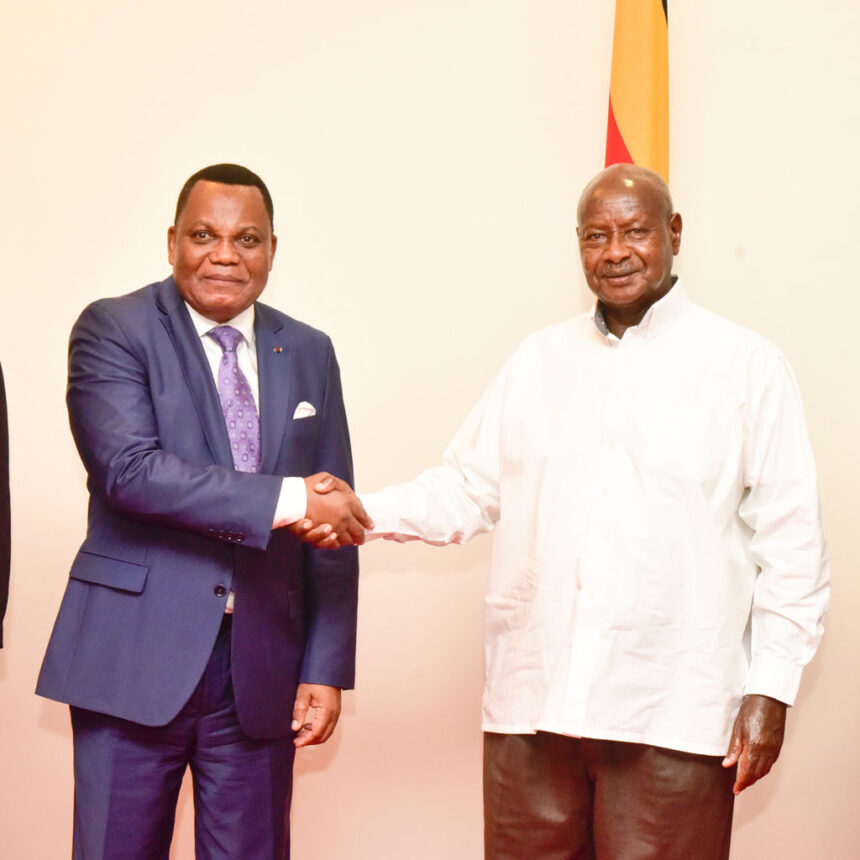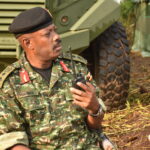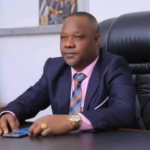Among the presidents on the list below, Paul Biya of Cameroon is the oldest long serving. Paul Biya was born on 13 February 1933, and was the longest non-royal serving leader in the world.
He has served as a Cameroonian president since 6 November 1982.
1. Teodoro Obiang Nguema Mbasogo
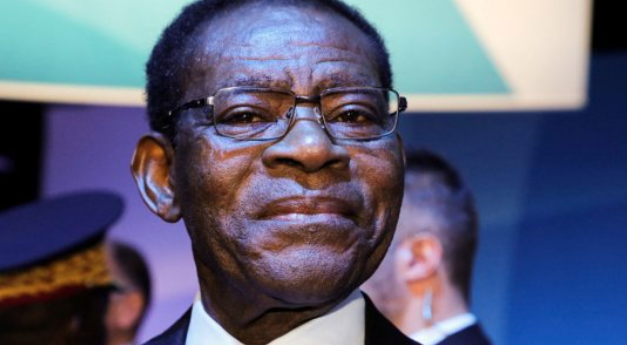
First Africa’s Longest Serving President is Teodoro Obiang Nguema Mbasogo of Equatorial Guinea.
He has been in office since 1979, making him the longest-serving African president. During the early years of his rule, President Obiang was known for being a brutal dictator. He oversaw a government responsible for the torture and killings of political opponents.
In the 1990s, he loosened his grip on the country and allowed multiparty elections. However, he has remained in power ever since.
In 2014, there were accusations of him using the country’s oil wealth to fund a lavish lifestyle for himself and his family.
He has also been criticized for allegedly rigging elections to stay in power. Despite the criticism, President Obiang shows no signs of stepping down soon.
2. Paul Biya – 39 years

Biya was the Secretary-General of the President from 1968 to 1975, and from 1975 to 1982, he was the Prime Minister of Cameroon. Paul Biya took over as president after President Ahmadou Ahidjo resigned due to health issues in 1982,
Since November 6, 1982, Paul Biya has been the president of Cameroon. He is Africa’s second longest serving president and the continent’s oldest head of state.
When Riots erupted in February 2008, calling for lower prices and the resignation of Paul Biya. The demonstrators were harshly repressed, with reports of a hundred people killed and thousands arrested.
Still, in 2008, he pushed hard for the national assembly to pass a constitutional amendment removing the two-term presidential limit, allowing him to rule beyond 2011.
To maintain power, Biya used elections to legitimize himself and gain international support, and ensure that the rest of the world tolerates him. The polls, however, have been marred by violence and low voter turnout.
3. Dennis Sassou – 37 years
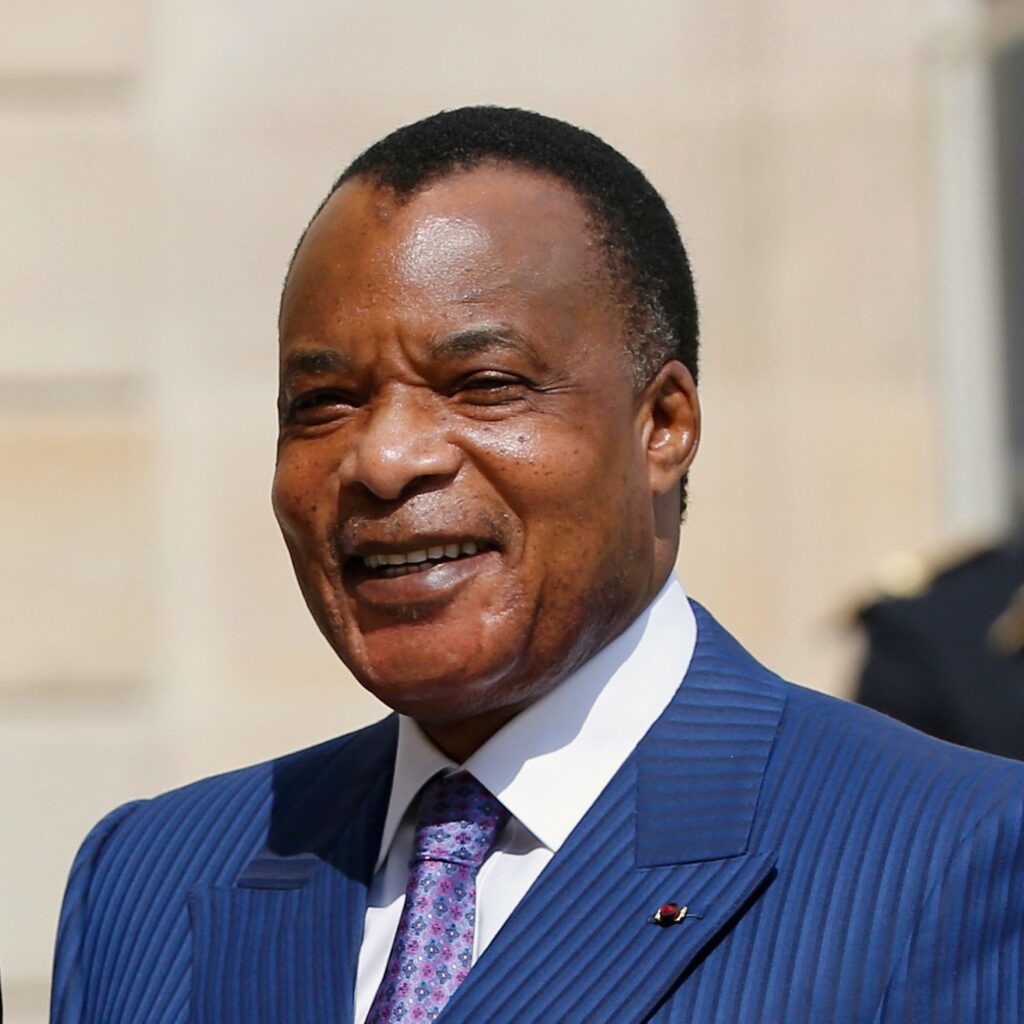
Dennis is the president of the Congo republic and has been in office for over 37 years.
He first served from 1979 to 1992 before returning in 1997, following the end of a civil war.
He was re-elected last year.
Just like in Uganda, telecommunications were cut off at the national level during election day, emulating events from the 2016 elections, a situation condemned by international organizations such as the African Union. On the afternoon of the election, Guy Brice Parfait Kolélas, the opposition presidential candidate, died from COVID-19 on a plane route to France for treatment. Sassou Ngessou was re-elected with 88.4 percent of the vote,
4. Yoweri Museveni – 36 years
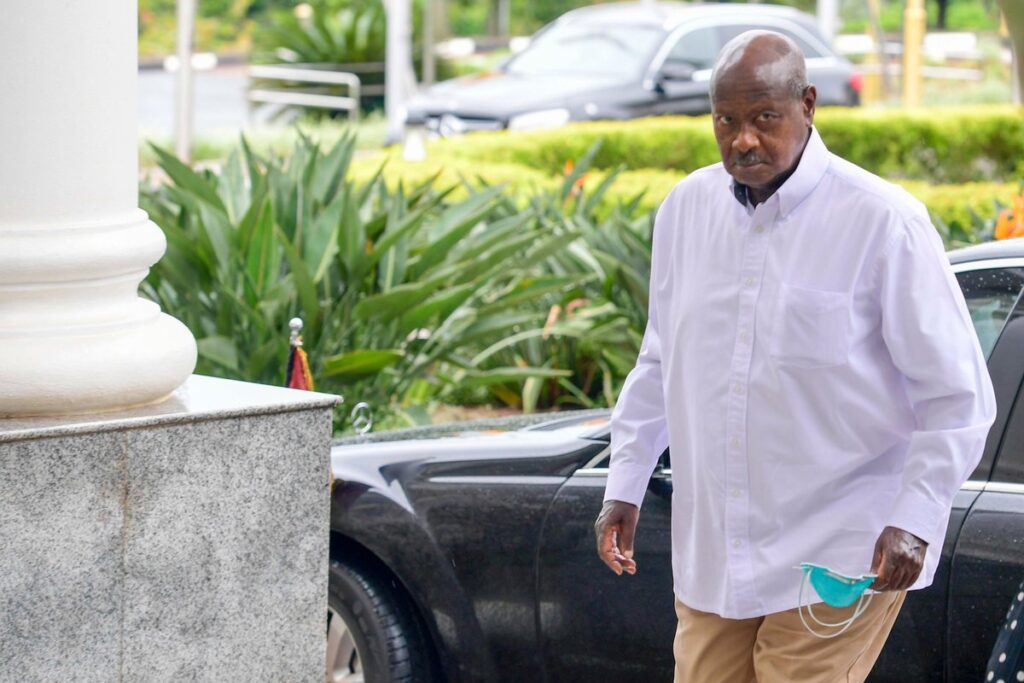
More than three-quarters of Ugandans under the age of 35 have only known one president.
President Yoweri Museveni has ruled Uganda since capturing power in 1986, Museveni has managed to hang on to power by oppressing the opposition and manipulating the constitution. He has managed to manipulate the parliament and changed the constitution twice to allow him to run, first removing a two-term limit in 2005 and then abolishing the 75-year-old age limit in 2017.
When addressing the issue of stepping down during the last election five years ago, he asked, “How can I go out of a banana plantation I planted that has started bearing fruits?”
He meant ‘The harvest is still not over for this revolutionary’.
It has been reported by the Human Rights Watch that Uganda’s recently concluded elections were characterized by widespread violence and human rights abuses. The abuses included killings by security forces, arrests and beatings of opposition supporters and journalists, disruption of opposition rallies, and a shutdown of the internet.
Museveni has also used nepotism to ensure that his relatives are placed in strategic positions so that he can have unwavering loyalty from them. His relatives are the country’s key decision-makers, and no one in his ranks opposes his decisions and policies. He was able to mortgage his country’s resources with his people, and they make sure he stays as long as he can because they are in fear that if another leader comes, they will no longer be able to steal from their people.
5. isaias Afwerki – 28 years
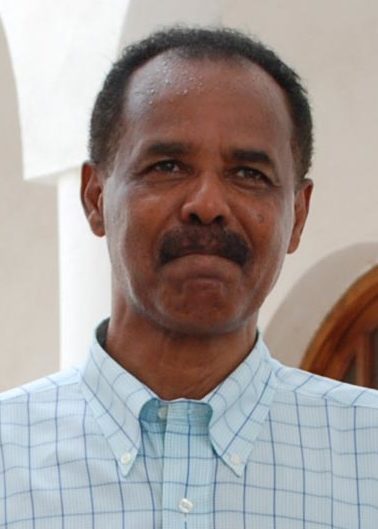
Afwerki has been the President of Eritrea since 1993. Isaias has ruled Eritrea for 28 years as the chairperson of Eritrea’s sole legal political party, the People’s Front for Democracy and Justice.
He led the Eritrean People’s Liberation Front (EPLF) to victory in May 1991, ending a 30-year-long war for independence from Ethiopia. He served as Secretary-General of Eritrea’s Provisional Government from 9, June 1991 to 24 May 1993, when he became President of Eritrea following a United Nations-supervised referendum on independence.
The United Nations and Amnesty International have both accused him cited him for human rights violations and totalitarianism. Reporters Without Borders ranked Eritrea, under the government of Isaias, last out of 180 countries in its Press Freedom Index last year in 2021.
The national assembly elected Isaias Afewerki as Eritrea’s president in 1993. He has been the de facto leader since before independence, with no legal challenge to his rule. Presidential elections were scheduled for 1997, but they were never held.
A United Nations panel accused Isaias of leading a totalitarian government responsible for systematic human rights violations in Eritrea that may amount to crimes against humanity. Amnesty International believes President Isaias Afwerki’s government has imprisoned at least 10,000 political prisoners. Amnesty also claims that torture is widely used for punishment, interrogation, and coercion.


